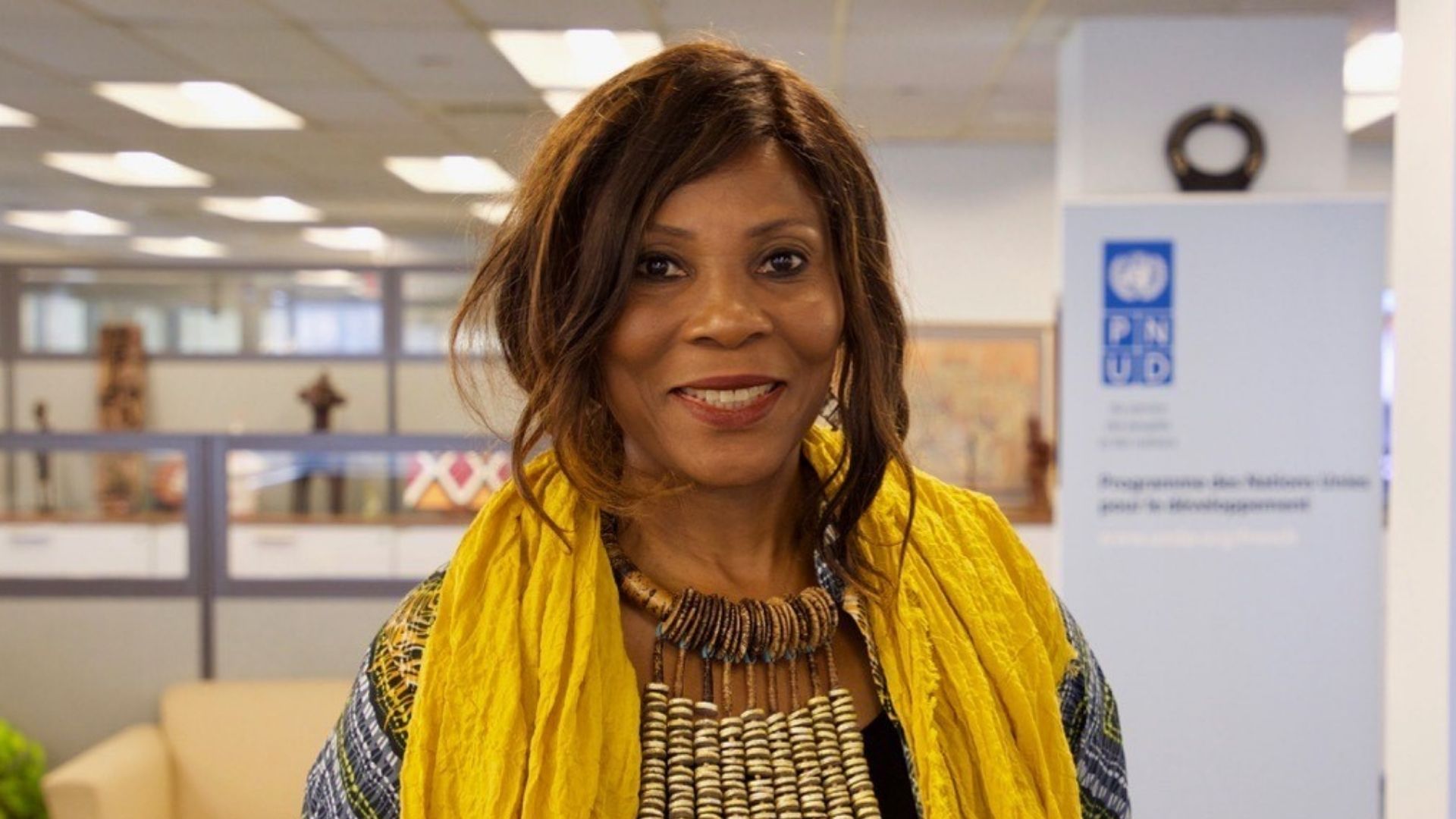
Making Impactful Strides in Africa – UNDP Regional Director for Africa, Ms Ahunna Eziakonwa
In this interview, the UNDP Regional Director for Africa, Ms. Ahunna Eziakonwa, speaks with the Tony Elumelu Foundation on the impact and challenges of development on the continent.
The United Nations Development Programme (UNDP), the United Nations Global Development Network and the Tony Elumelu Foundation (TEF) – the leading champion of entrepreneurship in Africa – recently opened applications for the TEF Entrepreneurship Program-UNDP Mali to train, supervise and finance 10,000 young Malian entrepreneurs over a period of 3 years, as part of a major economic recovery intervention in Mali.
How does this fit into the UNDP agenda and how can the private and public sectors work more collaboratively to achieve sustainable goals?
The Sustainable Development Goals cannot be realized without leveraging the collaborative advantages of the private and public sector. The UNDP-TEF Entrepreneurship Program in Mali is an extension of the ongoing collaboration between our two organizations to support entrepreneurship development across the continent within the framework of the MoU signed in 2017.
The partnership with TEF is a strategic first step towards more effective collaboration with the private sector and non-state entities to empower vulnerable and under-served communities in rural and border areas through capacity building/training, mentoring and providing access to innovative financing schemes for promising young start-ups.
Similar to the previous 2 pilot programmes implemented in 2019 that supported 755 entrepreneurs from across the continent and over 2,000 entrepreneurs in the Sahel, the Mali programme seeks to harness the abundant entrepreneurial, creative and innovative spirit of its youth population in order to generate productive employment opportunities for a more inclusive economic recovery.
The UNDP has a large portfolio of work across Africa. What real challenges are there to achieving sustainable development in Africa?
The challenges in achieving sustainable development are complex and multi-dimensional. Issues of governance, inequality, peace and security, infrastructure, climate change, and many more, present serious impediments to realizing the SDGs.
Within the framework of UNDP’s Renewed Strategic Offer for Africa, a wide range of programmes, initiatives and interventions are being undertaken under 6 strategic impact areas (natural resource governance, youth and women employment and empowerment, structural economic transformation, climate change mitigation and adaption, affordable and sustainable energy, and peace and security). The objective of this framework is to leverage UNDP’s position as Africa’s leading enabler and integrator for the 2030 Sustainable Development Agenda and the AU 2063 Agenda. It seeks to respond to the challenges faced on the continent by disrupting the way in which UNDP thinks, invests, manages and delivers- so that African countries can perform faster and better than ever to accelerate progress towards the Sustainable Development Goals.
What role can African governments play on the road to recovery, especially considering the economic impact of the COVID-19 pandemic?
The coronavirus pandemic continues to have serious socio-economic and political effects that could reverse human development for the first time in 30 years. It has further exposed inequalities globally and continues to hit poorer economies and vulnerable populations harder. It is therefore the responsibility of governments, supported by development organizations, private sector and civil society, to respond effectively to the shocks caused by the pandemic and ensure that recovery is efficiently achieved.
The UN Secretary-General launched a $2 billion global humanitarian response fund for the most vulnerable countries, including many in Africa. UNDP plays a technical lead role in the UN’s socio-economic framework for post-pandemic recovery. This support ensures that governments have additional capacity and resources to effectively collect data, assess COVID-19 pathways and impact, and design integrated, effective and sustainable policy and programmatic responses.
The need for young people to be present and equally active where decisions are made cannot be overemphasised. How can we ensure that this is the case in every sector?
Youth inclusion in decision making processes and leadership remains critical for sustainable development. In Africa, youth constitute more than 60% of the population. Disenfranchising this majority has been demonstrated to have dire long-term consequences. Ensuring that youth inclusion is mainstreamed in all areas for development calls for a combination and implementation of effective policies, programmes, and partnerships.
UNDP takes an innovative approach in addressing the challenges of youth inclusion. Our engagements ensure meaningful civic engagement, inclusion of youth in decision making processes, and the strengthening of youth-led interventions for conflict prevention, reconciliation and climate action. Working with government and non-state partners such as TEF enables us to execute improved catalytic effort and impact at scale.
What would success look like regarding youth development and entrepreneurship on the continent?
I would define successful youth development and entrepreneurship as equal access to socio-economic opportunities and resources for young people in a conducive and enabling environment. This includes enabling policy and regulatory frameworks, equal access to entrepreneurship and employment opportunities, development resources (such as information/knowledge, financing and technological tools), representation of young people in leadership and decision-making processes, strong youth civic engagement, and many more. The overall UNDP approach is to ensure youth participation as active agents of change rather than passive recipients of development assistance.
How does the partnership with the Tony Elumelu Foundation align with the purpose of empowering young Africans?
The UNDP partnership with TEF has been mutually reinforcing in efforts to empower young Africans. In prioritizing youth empowerment as a key focus area, the two organizations effectively collaborate on promoting and implementing projects on entrepreneurship development, Business Development Services (BDS), innovation, technology development, as well as fostering networks and market linkages. The collaboration aims to strengthen partnerships with state and non-state actors, engage private-sector corporations, and jointly develop structures for systematic monitoring and evaluation.
The entrepreneurship programme with TEF further compliments other UNDP youth development initiatives such as YouthConnekt and the Sahel Youth Programme.
